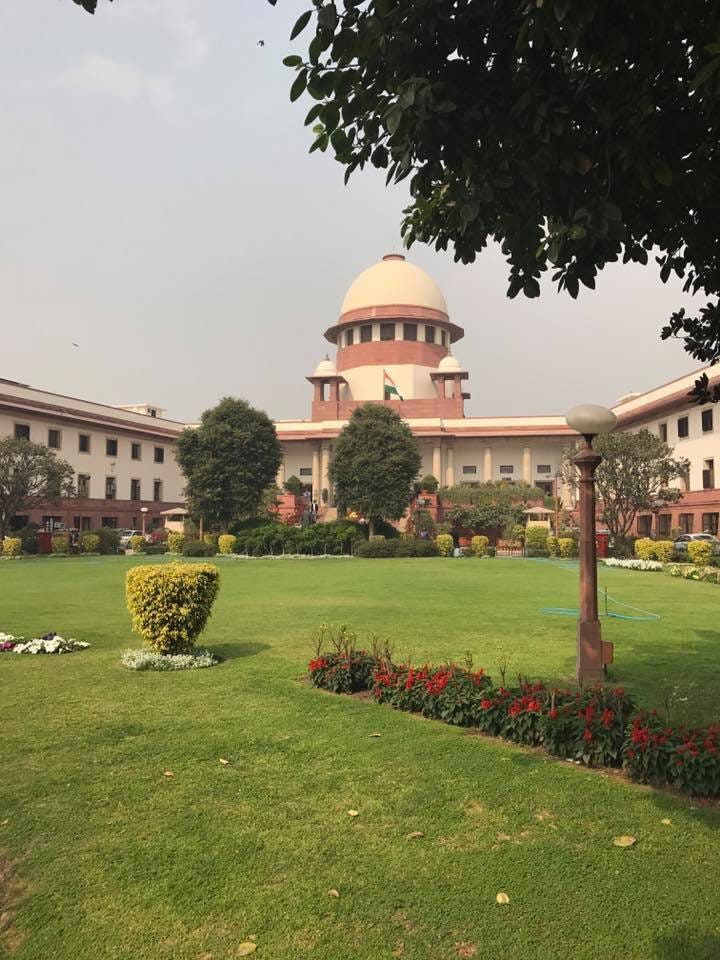Patanjali Case: Supreme Court Rejects Apology, Considers Perjury and Slams Regulatory Negligence
Patanjali in a Soup: Supreme Court Rejects Apology
The Supreme Court of India has taken a stern stance against Patanjali Ayurved and Divya Pharmacy and Patanjali Ayurved Ltd., its Managing Director Acharya Balkrishna, and co-founder Baba Ramdev in a contempt case involving misleading advertisements that targeted rival products. Rejecting the companies' unconditional apologies and the sworn affidavits of the various respondents/ contemnors, a Division Bench of the Apex Court, comprising Justices Hima Kohli and Ahsanuddin Amanullah, today (10th April, 2024) hinted at the possibility of initiating perjury proceedings due to suspicions of forged air tickets of international travel attached to the affidavits, with a few to seek exemption from personal appearance. Additionally, the Uttarakhand State Licencing Authority (SLA) faced strong criticism for attempting to shirk responsibility, highlighting a concerning lack of regulatory oversight.
While the detailed order of the Court as well as the date of next hearing are yet to be uploaded on the official website, this article has been written on the basis of the virtually the live dissemination of the Court’s proceedings on reputed web-media twitter handles.
A Pattern of Defiance: Misleading Ads Despite Supreme Court Orders
This case is not an isolated incident but rather the latest development in Patanjali's history of employing controversial advertising strategies, raising serious concerns about the company's respect for legal directives and ethical practices as well as the law of the land. The India Medical Association (IMA) (not MCI, as we wrote earlier), acting as the petitioner in this case, had raised strong objections to Patanjali's advertisements, highlighting their misleading nature and potential to harm public health.
What makes this instance particularly egregious is that Patanjali issued these advertisements despite specific orders from the Supreme Court and a previous undertaking to refrain from such practices. This blatant disregard for legal directives and the Court's authority aggravates the severity of the company's conduct. This pattern of behavior, coupled with previous interventions by regulatory bodies like the Advertising Standards Council of India (ASCI) for similar violations, paints a concerning picture of Patanjali's commitment to fair and truthful advertising, potentially jeopardizing consumer trust and public well-being.
Questionable Apologies and the Shadow of Perjury
Patanjali and Divya Pharmacy's attempt to rectify their contempt through unconditional apologies fell short of the Court's expectations. The discovery of potentially fabricated air tickets accompanying the affidavits has cast a shadow of perjury over the companies, prompting the Court to consider further legal action. The pleas of the Senior Advocate, Mukul Rohatgi, representing the respondents/ contemnors, literally seeking mercy and clemency were unable to move the Court. This development emphasizes the seriousness with which the Apex Court views attempts to mislead or deceive, underscoring the principle that apologies must be accompanied by genuine remorse and corrective measures, and not mere “lip service”.
Upholding the Majesty of Law and Consumer Protection
This case transcends the immediate concerns of misleading advertisements and delves into the fundamental principles of upholding the law and protecting consumer well-being. The Supreme Court's firm stance sends a clear message that meticulous compliance with the Supreme Court directives is non-negotiable and attempts to circumvent the judicial process will be met with stringent action. The proceedings also underscore the difference between casual oversights and errors of judgement and "absolute defiance and belligerence" and wilful disobedience and contumacious disregard of the Court orders as well as the breach of solemn undertakings furnished to the Court. It also emphasizes the crucial role of regulatory bodies in ensuring ethical practices within industries that directly impact public health. While the detailed order and the next date of hearing remains to be uploaded , one can expect the Court to take decisive action, reaffirming its commitment to the majesty of law and the well-being of consumers.
More details
Those wanting to know what transpired on the date of last hearing on 2nd April, 2024, may follow the link to our previous article, which gives more details.
Regulatory Lapses and Consumer Well-being
The Court's censure of the Uttarakhand State Food and Drug Authority (FDA) exposed a concerning gap in regulatory oversight. Despite being entrusted with the responsibility of ensuring ethical advertising practices within the pharmaceutical sector, the FDA attempted to distance itself from the case, claiming it wasn't party to the contempt proceedings. This abdication of duty drew the Court's ire, highlighting the crucial role regulatory bodies play in protecting consumers from misinformation and safeguarding public health.
Upholding the Majesty of Law and Consumer Protection:
This case transcends the immediate concerns of misleading advertisements and delves into the fundamental principles of upholding the law and protecting consumer well-being. The Supreme Court's firm stance sends a clear message that meticulous compliance with the Supreme Court directives is non-negotiable and attempts to circumvent the judicial process will be met with stringent action. The proceedings also underscore the difference between casual oversights and errors of judgement and "absolute defiance and belligerence" and wilful and contumacious disobedience and disregard of the Court orders and the solemn undertakings furnished to it. It also emphasizes the crucial role of regulatory bodies in ensuring ethical practices within industries that directly impact public health. While the detailed order and the next date of hearing remains to be uploaded , one can expect the Court to take decisive action, reaffirming its commitment to the majesty of law and the well-being of consumers.







